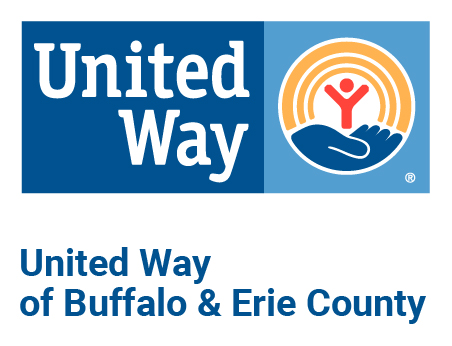Aid Expanded: Increased Access to Emergency Food & Shelter Program (EFSP)

The Emergency Food and Shelter Program (EFSP) was established by the United States Government almost 40 years ago on March 24, 1983, with the signing of the “Jobs Stimulus Bill”. This bill created a National Board chaired by the Federal Emergency Management Agency (FEMA), the board was comprised of representatives from the American Red Cross, Catholic Charities USA, The Jewish Federations of North America, the National Council of Churches of Christ in the USA, The Salvation Army and United Way World Wide. The ESFP was subsequently re-authorized in The Steward B. McKinney Homeless Assitance Act (more commonly known as the McKinney-Vento Homeless Assitance Act) in 1987, and again in 1988. In its almost 40-year history, ESFP has distributed $5.953 billion to over 14,000 human service agencies in more than 2,500 communities across the country.
These emergency food & shelter funds are allocated to lead organizations in individual communities. These organizations are tasked with using the allocated funds to provide food (meals or groceries), lodging (mass shelter or hotel), one month’s rent or mortgage payment, one month’s utility bill, or equipment necessary to free or shelter people.
Even before the COVID-19 pandemic, United Way of Buffalo & Erie County was a community leader in securing food and shelter resources for families in need. In fact, we have been the lead organization for the Erie County Emergency Food & Shelter Program for more than thirty-two years. During COVID-19, Congress passed the American Rescue Plan Act (ARPA-R), providing an additional $1.5 million to the program.
While we are the lead organization handling Emergency Food and Shelter money for Erie County, we work with other organizations that specialize in emergency food and/or shelter needs such as FeedMore WNY and Belmont Housing Resources. EFSP recipient organizations also include several smaller local nonprofits. These small organizations are able to work with United Way and our local partner organizations to secure the necessary funds for their clients.
At the height of the COVID-19 pandemic, tens of thousands of people across the country needed assistance with emergency food or shelter, and our community was no different. The additional infusion of money provided by ARPA-R allowed United Way and its partner organizations to provide shelter to approximately 1,697 individuals and 1,597 families. It also provided food for an additional 26,207 individuals and 1,828 families. United Way's ability to steward these emergency resources with efficiency, accountability and responsiveness and to connect nonprofit organizations and the public sector means that more people in our region can get the help they need in times of crisis.
